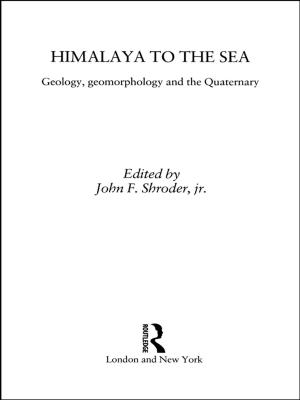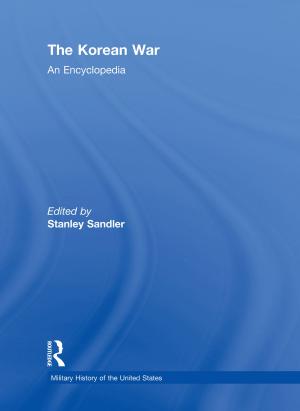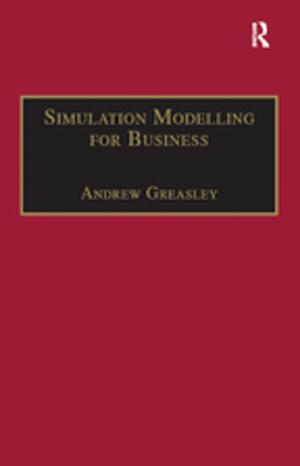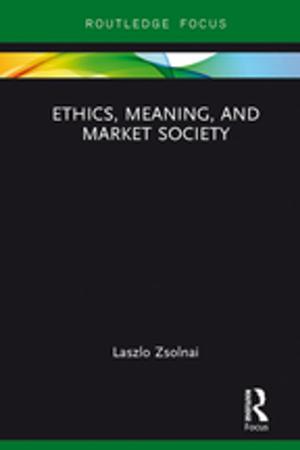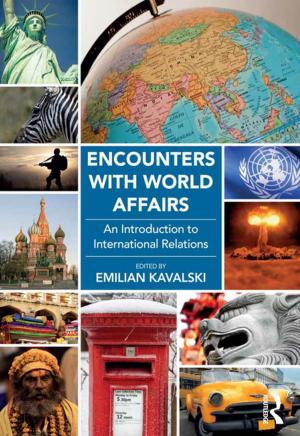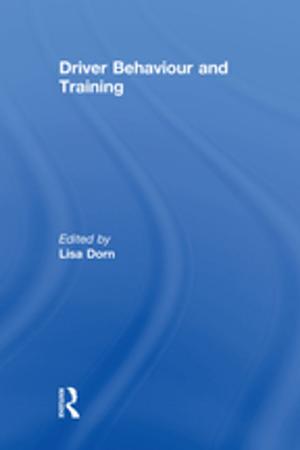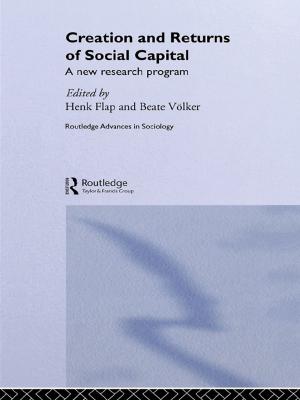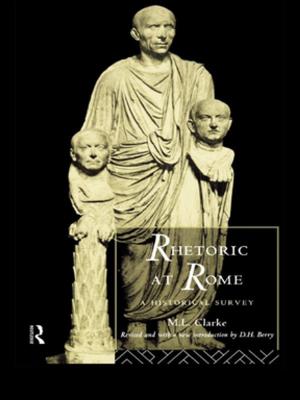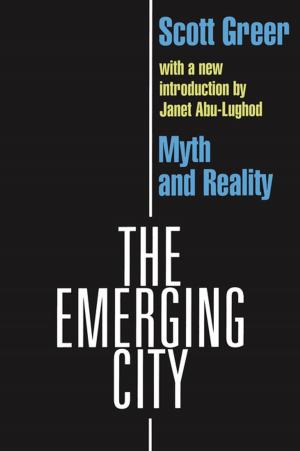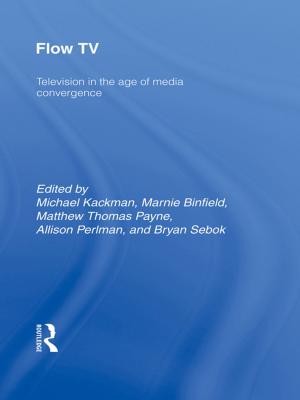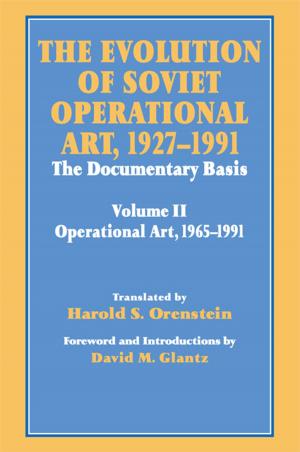Unnatural States
The International System and the Power to Change
Nonfiction, Social & Cultural Studies, Political Science, Politics, History & Theory| Author: | Peter Ian Lomas | ISBN: | 9781351296229 |
| Publisher: | Taylor and Francis | Publication: | September 8, 2017 |
| Imprint: | Routledge | Language: | English |
| Author: | Peter Ian Lomas |
| ISBN: | 9781351296229 |
| Publisher: | Taylor and Francis |
| Publication: | September 8, 2017 |
| Imprint: | Routledge |
| Language: | English |
Unnatural States is a radical critique of international theory, in particular, of the assumption of state agency—that states act in the world in their own right. Peter Lomas argues that since the universal states system is inequitable and rigid, and not all states are democracies anyway, this assumption is unreal, and to adopt it means reinforcing an unjust status quo.
Looking at the concepts of state, nation, and agency, Lomas sees populations struggling to find an agreed model of the state, owing to inherited material differences; and unsurprisingly, among theorists of the nation, only controversy and a great confusion of terms. Meanwhile, the functional incarnations of the state agent are caricatures: the mandarin state, the lawyer state, the landlord state, the heir-to-history state, and the patriot state. Yet recent developments in international theory (constructivism, scientific realism, postmodernism) sacrifice state agency only at the price of an unhelpful abstraction.
The states system is dysfunctional and obsolete, Lomas contends, and international theory must be recast, with morality as central, to inspire and to guide historic change. He focuses in his conclusion on prescriptions for change, led by four moral concerns: human rights, weapons of mass destruction, relations between rich and poor societies, and the environment.
"I begin this book," writes Lomas, "with the commonest commonplace of international theory, to expose it as a meaningless cliche. In the masterly hands of Hobbes, it was elaborated into a shock formula for organized society, a reading of history as civilization's failure. Kant sought to rescue morality from Hobbes and create the structures of modernity, but Kant's influence is coming to an end. In the Cold War, politicians disagreeing over another philosopher almost brought the world to an end. Hence the challenges of our time. These are primary and profound. Philosophers have done much to define the modern world. The point of international theory is to change it."
Unnatural States is a radical critique of international theory, in particular, of the assumption of state agency—that states act in the world in their own right. Peter Lomas argues that since the universal states system is inequitable and rigid, and not all states are democracies anyway, this assumption is unreal, and to adopt it means reinforcing an unjust status quo.
Looking at the concepts of state, nation, and agency, Lomas sees populations struggling to find an agreed model of the state, owing to inherited material differences; and unsurprisingly, among theorists of the nation, only controversy and a great confusion of terms. Meanwhile, the functional incarnations of the state agent are caricatures: the mandarin state, the lawyer state, the landlord state, the heir-to-history state, and the patriot state. Yet recent developments in international theory (constructivism, scientific realism, postmodernism) sacrifice state agency only at the price of an unhelpful abstraction.
The states system is dysfunctional and obsolete, Lomas contends, and international theory must be recast, with morality as central, to inspire and to guide historic change. He focuses in his conclusion on prescriptions for change, led by four moral concerns: human rights, weapons of mass destruction, relations between rich and poor societies, and the environment.
"I begin this book," writes Lomas, "with the commonest commonplace of international theory, to expose it as a meaningless cliche. In the masterly hands of Hobbes, it was elaborated into a shock formula for organized society, a reading of history as civilization's failure. Kant sought to rescue morality from Hobbes and create the structures of modernity, but Kant's influence is coming to an end. In the Cold War, politicians disagreeing over another philosopher almost brought the world to an end. Hence the challenges of our time. These are primary and profound. Philosophers have done much to define the modern world. The point of international theory is to change it."


